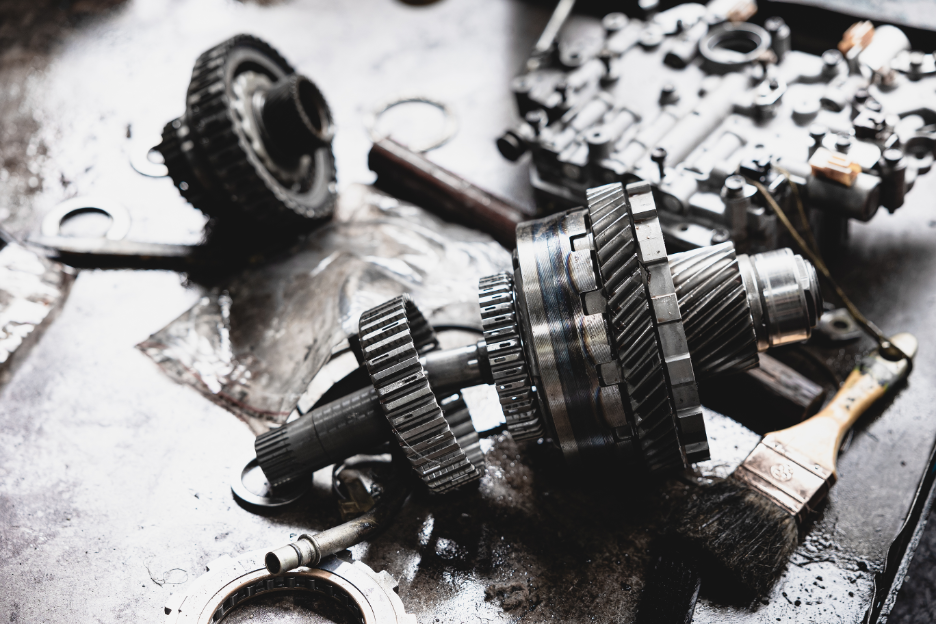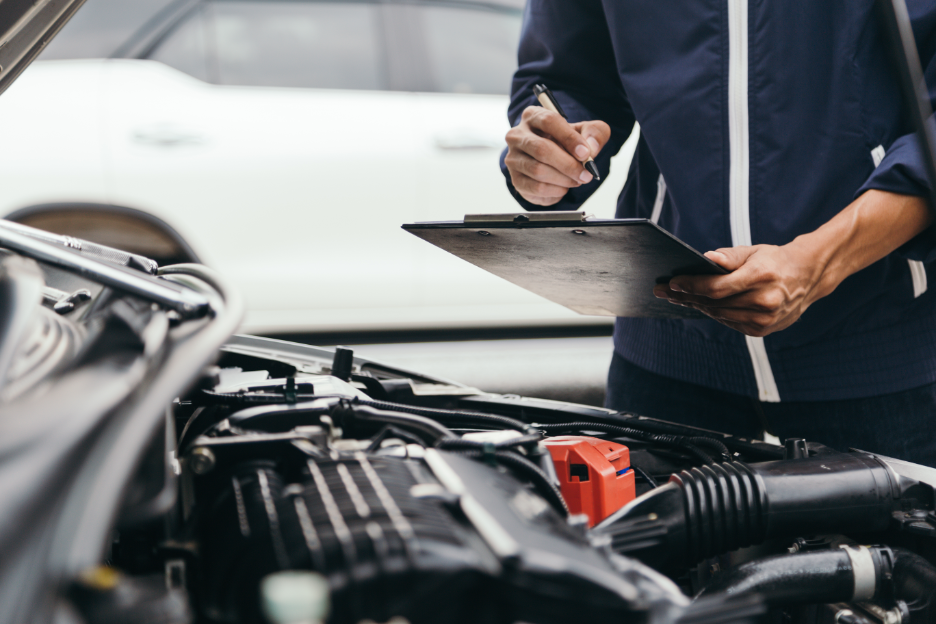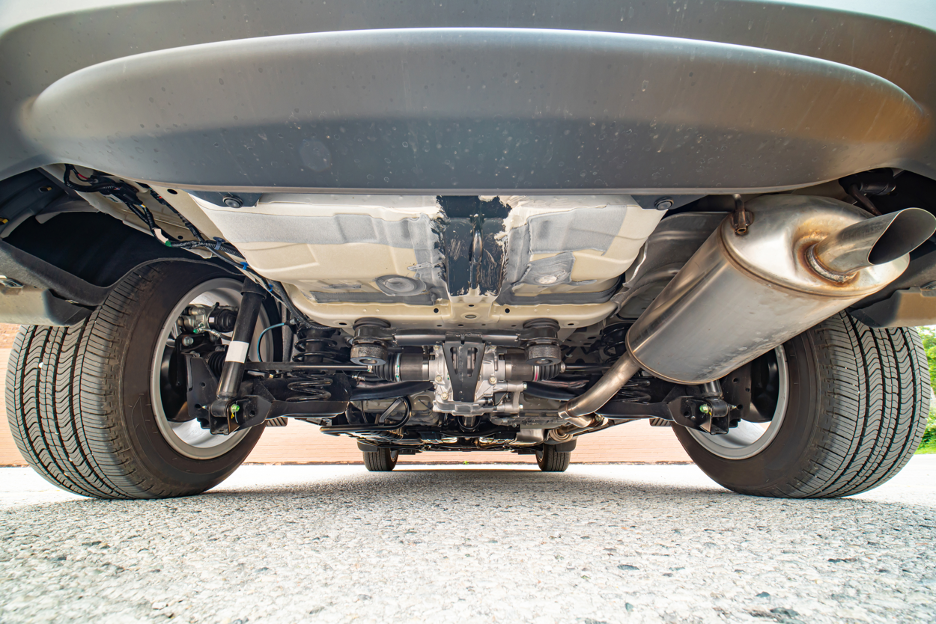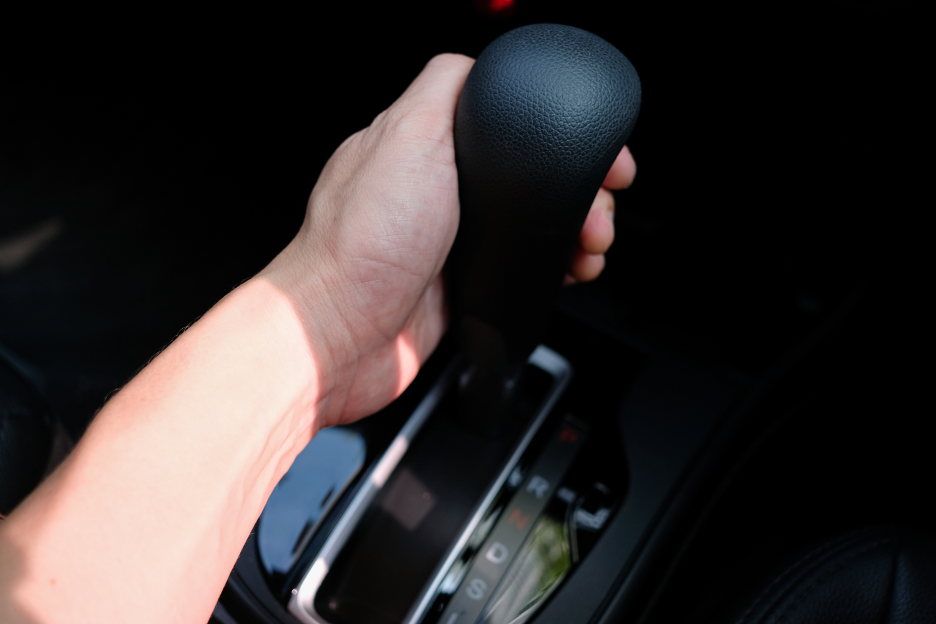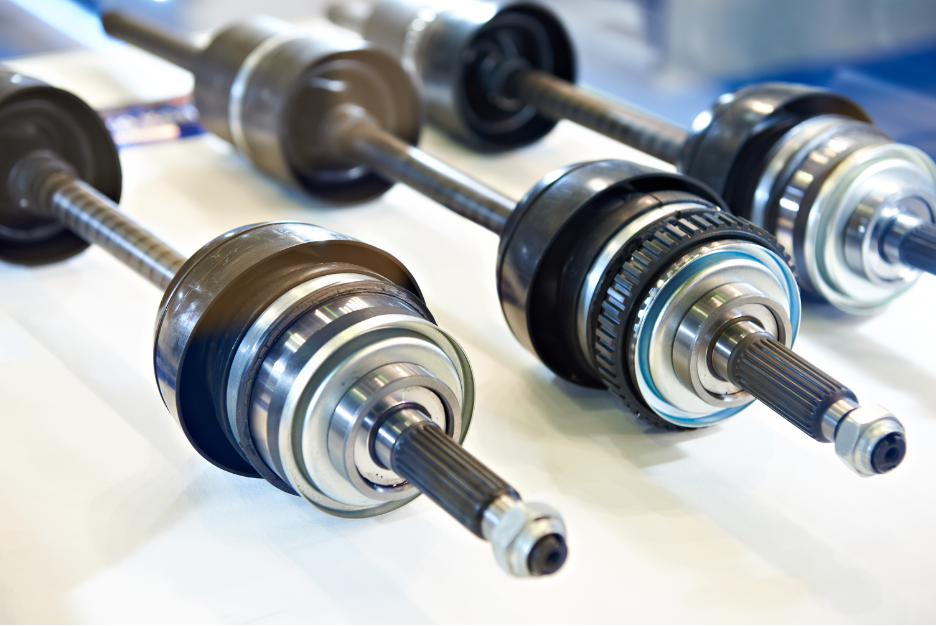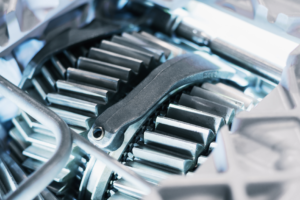 Over time, as they’re subjected to more and more wear and tear, vehicle drive shafts can start behaving in a strange and unusual manner. When this happens, a repair is usually needed. In some cases, component replacements might even be required.
Over time, as they’re subjected to more and more wear and tear, vehicle drive shafts can start behaving in a strange and unusual manner. When this happens, a repair is usually needed. In some cases, component replacements might even be required.
The question is: how can you tell if your drive shaft is ailing? There are a few key things to look out for, all of which will be discussed by this Chicago drive shaft repair company below.
Is There a Vibration Coming from the Undercarriage of Your Vehicle?
One sign that your drive shaft might be damaged is that there’s a vibration coming from the undercarriage of your vehicle. This vibration is generally centralized to the passenger seat, in particular, though it could be coming from other portions of your vehicle as well.
The cause of this vibration? In most cases, broken U-joints are to blame. These U-joints deteriorate and cause the drive shaft to rumble — both while the vehicle is accelerating, and while the vehicle is decelerating.
If this is happening with your vehicle, you’ll want to have it inspected sooner rather than later. Allowing this problem to persist can result in serious destruction in just a short amount of time.
Is Your Vehicle Difficult to Turn?
Do you find yourself putting all of your weight into a turn when driving your vehicle? If so, your drive shaft could very well be the culprit.
Bad drive shafts put stress on the axles, causing friction and making it difficult to turn the wheels. This problem is not only dangerous for the vehicle itself, but for those inside of the vehicle as well. After all, reduced control of the wheels leads to reduced control of the vehicle; and reduced control of the vehicle leads to an increased risk of an accident.
Now, there could be other problems at hand as well. For instance, you could have run out of power steering fluid. However, if the vehicle is still semi-operable, the drive shaft is most likely the problem. We recommend calling your local auto repair shop for an assessment.
Is Your Vehicle Making Clunking Noises?
Another sign that your drive shaft may be impaired is that your vehicle is making clunking noises. Though it’s not always the case, in many cases, these noises come about due to deteriorated U-joints.
How do you differentiate drive shaft-related clunking noises from other types of clunking noises? In most cases, drive shaft-related clunking noises will only come about when the vehicle is shifting gears. As such, if your vehicle clunks every time you accelerate or decelerate, there’s plenty of reason to believe that your drive shaft needs to be repaired.
In any case, if clunking noises are presenting themselves, you should have your vehicle inspected by a professional. He or she will be able to get to the bottom of the problem and make any necessary repairs.
Does Your Vehicle Delay When Accelerating?
The last sign to look out for is a slight delay when accelerating. If your vehicle shakes or delays slightly while accelerating, it’s more than likely due to the drive shaft. In particular, the U-joints or carrier bearings are probably to blame.
We suggest having your vehicle inspected by your local drive shaft repair company, and they should be able to get it repaired quickly.
In Need of a Chicago Drive Shaft Repair Company?
Is your drive shaft showing signs of deterioration? Are you in need of a Chicago drive shaft repair company? If so, we here at King Transmission are the people to see.
We’ve repaired plenty of drive shafts throughout the years, helping thousands of drives throughout the Chicago area. Our auto mechanics can have your vehicle running like new in no time.
Contact us today to get started!

